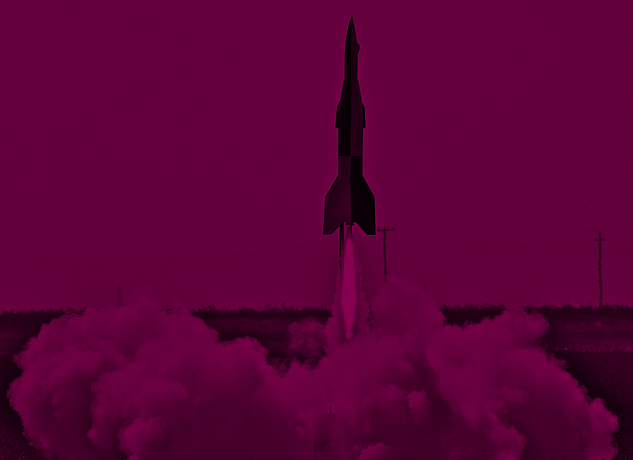
The Finnish Institute of International Affairs (FIIA) and Tampere University are conducting a research project titled “NATO nuclear deterrence and its implications for Finland.” The project is a part of the Finnish Government’s 2023 analysis, assessment, and research activities (VN-TEAS) and will conclude in December 2023.
The war of aggression launched by Russia in February 2022 put nuclear deterrence and the possible use of nuclear weapons at the forefront of international security.
During 2022, nuclear weapons issues have also been placed on the agenda of Finland’s foreign and security policy. As a reaction to Russia’s military assault against Ukraine, Finland decided in May 2022 to apply for NATO membership. Nuclear weapons were one of the factors influencing Finland’s decision. Russia’s aggression showed how a nuclear-armed state can acquire freedom of action for itself against a country that is not protected by a nuclear umbrella. Among other things, Finland aims to make up for this shortfall through NATO membership.
To date, Finland has approach nuclear weapons as a disarmament and arms control issue. NATO membership will make nuclear deterrence a part of Finland’s foreign and security policy, however. NATO calls itself a nuclear alliance, and nuclear weapons, along with conventional weapons systems and missile defence, form one part of NATO’s deterrence mix. As a member of NATO, Finland must decide on its own contribution to the military alliance’s nuclear weapons policy.
The aim of the research project is to strengthen national understanding of and expertise in NATO nuclear deterrence and the possible roles of a non-nuclear weapon state such as Finland in the alliance’s nuclear weapons policy.
The project delves into the fundamentals of the alliance’s nuclear weapons policy and related decision-making, including the allies’ varying views on the role of nuclear weapons in NATO’s deterrence and defence. It also outlines the nuclear policy choices and responsibilities brought about by NATO membership and considers how membership might affect Finland’s nuclear disarmament and arms control efforts. The research project sees NATO nuclear deterrence and Finland’s national actions as part of the broader international nuclear order and the related arms control architecture, both of which are currently undergoing significant changes.
The project is led and coordinated by FIIA. The research group consists of Leading Researcher Matti Pesu (FIIA), Research Fellow Jyri Lavikainen (UPI), Postdoctoral Researcher Iro Särkkä (FIIA) and university teacher Tapio Juntunen (Tampere University).





